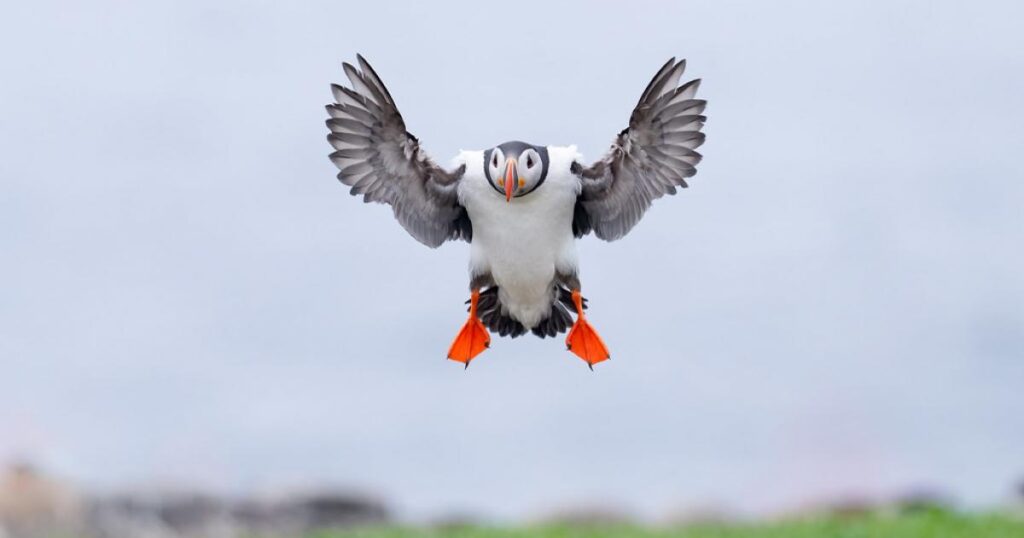Passengers on South Western Railways have experienced an aural nature treat. They listened to sounds of birdsong, waterfalls and flowing rivers on their journeys for a survey conducted by an Oxford professor. It might have been expected that the last two in particular might cause a stampede for the loos but in fact the study of more than 2,000 travellers found 35 per cent said they were less stressed compared to when they listened to nothing at all. So what does this tell us apart from the fact that Oxford professors must be struggling for something to do these days? For a start, anything that distracts from the performance of South Western Railways is welcome for long-suffering commuters. Frequent delays and cancellations have led to SWR becoming the first privately run English service to be nationalised and taken into government control in an attempt to improve performance. The first journey under new supervision was interrupted by a one-hour bus journey due to track works. You couldn’t make it up. So perhaps those nature sounds were not so much a Song of Joy but Sad Songs that Say so Much.
Wild Things: Searching for butterfly royalty
It’s doubtful whether the puffin’s croaking “aaargh” call will have been among sounds stuffed into commuters’ ears. But there is good news of one of Britain’s most photogenic and lovable birds. After suffering significant losses during the bird flu epidemic, puffin numbers are recovering. The first puffin survey for five years revealed an increase of 15 per cent to an estimated 50,000 pairs on the Farne Islands. Some 938 puffins perished on the Northumberland island in 2022 and 2023 but the National Trust hopes to celebrate 100 years of Farnes administration in August by recording a further increase in puffin numbers.
Not such good news for our river salmon. Mark Lloyd of the Rivers Trust warned of salmon facing extinction after a survey conducted by the Environment Agency and the Centre for Environment, Fisheries and Aquaculture Science (try getting that on a T-shirt badge). It revealed that 90 per cent of the fish were “at risk” or “probably at risk”. I wonder if this is connected to frequent illegal water company sewage discharges into rivers?
Wild Things: Halting the decline of starlings
While those companies have created a stink from our rivers, scientists warned of the danger from Chinese stink bugs. These bugs joined other Chinese invaders like the brown winged cicada and box tree caterpillar putting our crops, fruit trees and plants at risk. Some of these bugs were destroyed after being spotted among a consignment of trees at the Sevington inland border control post in Kent. The fruit-eating stink bug produces a stench when invading homes and is believed to be increasing in numbers here.
How generous of China to send us such things along with Covid, SARS and bird flu.




